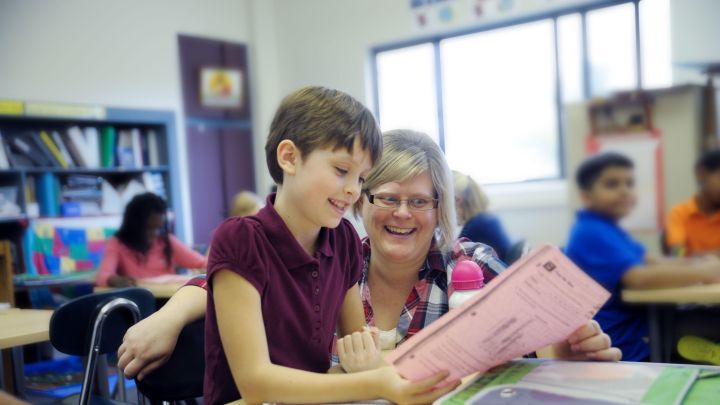How to Recognize Bullying
Everyone wants to fit in and be accepted by those around them. But for kids like Joey and Anita, this remains a dream. Anita, who has cerebral palsy, is taunted by classmates whenever she has to run in P.E. And Joey, a second grader, is told every morning as he gets on the school bus, that there is no room for him to sit near his classmates. The outcome of this bullying is that they are at risk socially, academically, and emotionally; and through no fault of their own.
But how do we know it’s bullying and not just “kids being kids”? Well, the four guiding principles are:
- Is the behavior occurring over and over?
- Is it aggressive?
- Is there intent to harm?
- And, is there an imbalance of power?
It’s also helpful to keep in mind that bullying can take many forms, such as excluding someone from a social group, physical harm, spreading rumors, or making verbal threats. It can happen in the classroom, on the playground, in hallways, at home, or online.
But how can a parent or teacher recognize that the bullying is happening?
Experts estimate that there is no intervention in approximately 85% of bullying incidences, often because adults are unaware that they are occurring. However, there are signs to watch for; here are just a few:
- Kids change their eating, or relational patterns. Are kids suddenly ravenous when they get home from school? Maybe someone is taking their lunch or interfering in their ability to eat during lunchtime.
- School performance plummets. Assignments aren’t turned in, grades go down. It‘s possible that someone is taking homework or repeatedly asking for “help” on their assignments.
- Personal property keeps getting “lost”. Repeated destruction of personal property is also considered bullying.
The good news is that with parents and school personnel working together, kids can be safer and ready to succeed academically and relationally. With everyone working towards the same goal, ALL students can be fully included. Later this week, I'll share some tips on preventing bullying - stay tuned!

Beth Harmon
Beth Harmon served as a School Psychologist at All Belong, where she enjoyed the "ah ha" moment when a parent or teacher gains an understanding of why a child learns or behaves in a certain way. She loves being the advocate to help the adults in a child's life appreciate the uniqueness of and love the child even more.
